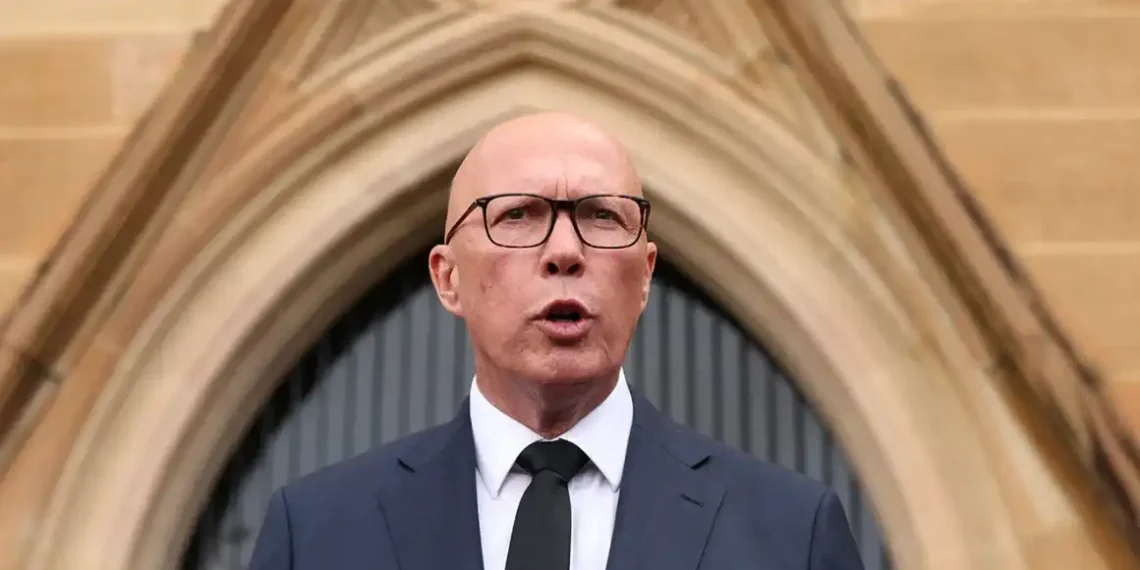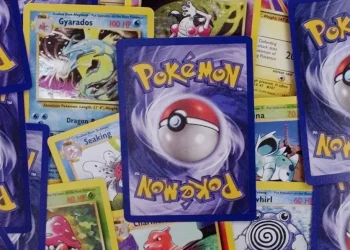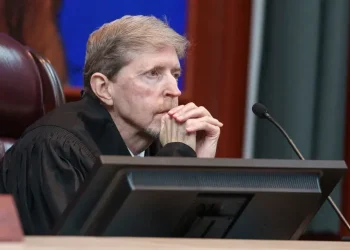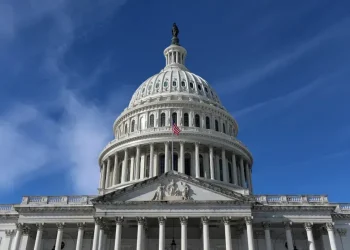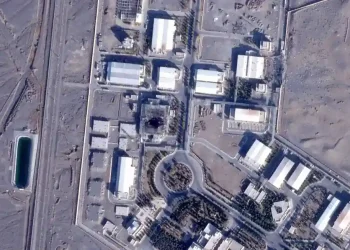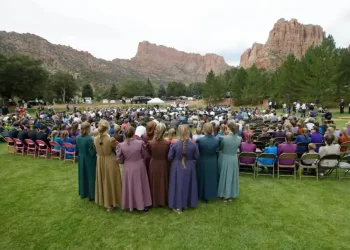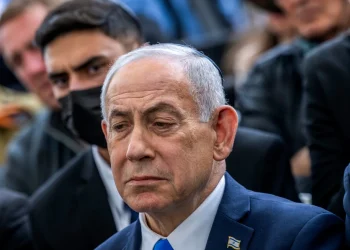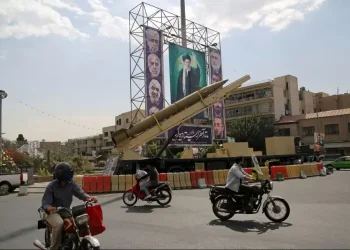First Canada, Now Australia? Conservatives Fear the Trump Effect is Spreading
As Australia heads to the polls this Saturday, conservatives are increasingly concerned about the rise of what some call the “Trump effect.” Opposition leader Peter Dutton, who is hoping to become Australia’s next prime minister, has spent weeks distancing himself from comparisons to former U.S. President Donald Trump. Dutton insists, “I’m my own person,” rejecting the nickname “Temu Trump,” which critics use to draw a parallel between him and the controversial U.S. leader.
Despite Dutton’s efforts, political analysts argue that the Trump comparisons have weakened his campaign. A recent shift in opinion polls shows incumbent Prime Minister Anthony Albanese, leader of the center-left Labor Party, leading ahead of the vote. Dutton, a former police officer and ex-minister for defense, home affairs, and immigration, took over as the Liberal Party leader after it was defeated three years ago. He quickly earned a reputation as the unyielding right-wing figurehead of his party.
However, Dutton has faced criticism for stoking culture wars, criticizing Australia’s immigration policies, and calling the national broadcaster “hate media.” His hardline stances have drawn comparisons to Trump, with some even calling him Australia’s own populist strongman. “His instincts are those of a right-wing populist. I have no doubt about that,” said Frank Bongiorno, professor of history at the Australian National University. “They bear resemblance to the kind of politics and rhetoric we’ve associated with Trump.”
While many of Dutton’s supporters, including mining magnate Gina Rinehart, have been enthusiastic about his Trump-style rhetoric, the approach has yet to deliver the expected political boost. Instead, recent events—like the Trump administration’s global tariffs—have had the opposite effect, not just in Australia but in Canada as well, where conservative forces faced defeat in their own election this week.
Dutton’s political survival is even in question, with analysts predicting he might lose his seat in parliament. The outer Brisbane seat of Dickson, which Dutton has held for over 20 years, now has a razor-thin margin of just 1.7%, and opponents are eager to capitalize on this vulnerability.
Marija Taflaga, director of the Center for the Study of Australian Politics, notes that Australia is experiencing what she describes as “a diluted version” of the political trend seen in Canada. “Trump has created a rally around the flag effect,” Taflaga said, “In liberal democracies like Australia, he’s flipped the incumbent from being in a disadvantaged position to an advantageous one.”
What was once a campaign focused on economic concerns and cost-of-living issues has now pivoted to foreign policy and national security, with the influence of Trump looming large. The U.S. president’s recent threats of tariffs, along with the shock of watching American politicians criticize Australia’s trade practices, has shifted public opinion in Australia. “Older voters watched in horror as their retirement savings tracked south,” said Simon Jackman, honorary professor at the University of Sydney. The sudden economic insecurity triggered by Trump’s policies has overshadowed local concerns, and many Australians are questioning the reliability of their closest ally.
At the same time, Dutton has tried to distance himself from Trump. When asked about his trust in the U.S. president during a recent debate, Dutton quickly responded, “I don’t know Donald Trump; I’ve never met him,” in a clear effort to avoid being further aligned with Trump’s controversial style.
The threat posed by China, which was a major issue in the 2022 election, has been notably downplayed in this election cycle. Despite China’s military maneuvers near Australian waters and recent unannounced live-fire drills, the focus has shifted. Many now see Trump’s unpredictability and hostile foreign policy as an even greater risk to Australia’s national security. Critics argue that Trump’s “America First” approach undermines international stability and puts Australia’s security at risk.
“Donald Trump is a dangerous demagogue,” said Adam Bandt, leader of the Greens. “He’s a threat to peace, democracy, and Australia.” While both Dutton and Albanese have supported the AUKUS security pact with the U.S. and the U.K., the Trump era has brought new doubts about relying on American leadership.
With the election just days away, polling suggests Albanese will likely secure a victory, but it remains uncertain whether he will gain a majority. Analysts predict he may need to form a coalition government with smaller parties or independents to secure enough seats.
This election will also see a shift in the demographic makeup of Australian voters. For the first time, Millennials and Gen Z voters will outnumber older Australians, and they are expected to cast more progressive, anti-establishment votes. “Young renters who earn more than their parents but can’t afford a house are likely to push for a minority government,” said Shaun Ratcliff, a political scientist.
Even if Dutton loses, experts caution that his defeat cannot be entirely blamed on Trump. The Liberal Party’s campaign has been criticized for being poorly prepared and overly reliant on voter dissatisfaction with the Labor Party. “It wasn’t a disastrous government,” said Bongiorno. “It was probably a mistake for the Coalition to think it could simply wait around for Labor to fall apart.”
In Dutton’s own seat of Dickson, the political landscape is shifting. Changing demographics and a growing progressive movement could spell trouble for the long-time incumbent. But with just days to go before voting, political analysts are divided on whether Dutton will hang on.
As the final voters head to the polls, it’s clear that the election isn’t just about political parties—it’s about the future direction of Australia. “I don’t get the same vibe as three years ago,” Jackman said, reflecting on the lack of enthusiasm for ousting the current government. “It feels more like people just want to get it over with.” Whether this is a sign of voter fatigue or something else remains to be seen—but one thing is clear: the Trump effect is far from over.
This article was rewritten by JournosNews.com based on verified reporting from trusted sources. The content has been independently reviewed, fact-checked, and edited for accuracy, neutrality, tone, and global readability in accordance with Google News and AdSense standards.
All opinions, quotes, or statements from contributors, experts, or sourced organizations do not necessarily reflect the views of JournosNews.com. JournosNews.com maintains full editorial independence from any external funders, sponsors, or organizations.
Stay informed with JournosNews.com — your trusted source for verified global reporting and in-depth analysis. Follow us on Google News, BlueSky, and X for real-time updates.
